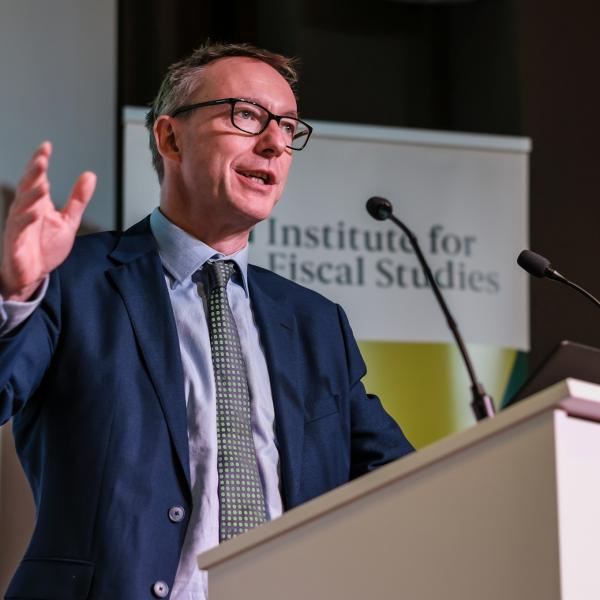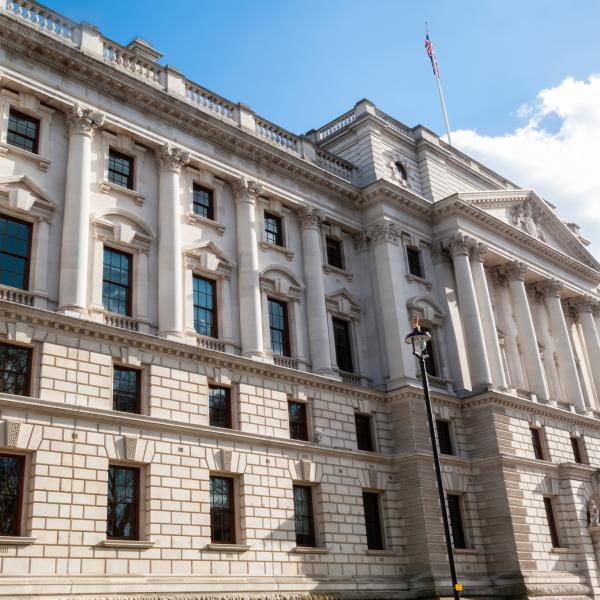Where should decisions on our taxes and public services be taken? Should services be funded on a comparable basis nationally from national taxes? Or should councils and other local public sector organisations have responsibility for funding services in their area, and discretion over what to spend and how to raise their revenues? Is more local responsibility a good thing that will empower communities to improve and tailor services? Or does it simply risk worsening ‘postcode lotteries’ in access to services and the taxes we pay? Would it address concerns, implicated in the Brexit vote, that decisions are made by a distant and out-of-touch elite? Or would it widen inequalities, breeding further political divisions?
These questions and more will be discussed at a presentation and debate hosted by the Institute for Fiscal Studies and Birmingham University. To kick off the event, David Phillips, Associate Director at the IFS will talk about how our local services are currently funded, and what planned and possible reforms could mean, focusing on the West Midlands area. The presentation will be followed by a panel discussion with leading researchers from Birmingham University, local policymakers from the West Midlands, and service users – who will give their views on the appropriate balance between local and national responsibility. And there will be plenty of time to ask David and the panel questions – about local services, taxes, and the kind of local government you think would best suit Birmingham and the wider region. This is in the context of a gap between public spending and tax revenues that is £1,600 bigger per person in the West Midlands than for the UK as a whole.
Currently confirmed for the panel discussion are John Fender, Professor of Macroeconomics at the University of Birmingham, Jonathan Tew, Assistant Chief Executive of Birmingham City Council, and Emma Woolf, Chair of Birmingham Community Matters.
Registration will be from 4.00pm, with the presentation starting at 4.20. If space is available we won't turn away people who are not registered. However, if you plan to attend please register here to help us keep track of numbers, and so we can keep in touch about the event.
More information
The event will look at the issue of local tax and spending powers that is assuming new importance – especially in England’s major cities like Birmingham, Manchester and London, which are at the vanguard of devolution. New ‘combined authorities’ are taking on additional responsibilities over skills, transport, and local economic strategies and are pushing for further tax and spending powers. And, as 100% business rates retention pilot area, the revenues of councils in the West Midlands increasingly depend on how well local business rates and council tax revenues perform. The aim is greater powers and additional local retention of tax revenues will incentivise and empower local government to improve services and boost the local economy.
At the same time, central government is ring-fencing funding specifically for adult social care and schools – and plans a new national ‘formula’ for allocating the latter. It cites the ‘unacceptable variation’ in funding and quality as justifications for such moves to tackle existing postcode lotteries. So what does this all mean for the taxes we pay and the services we get?
The fact policy is pulling in different directions at the same time reveals the tensions between local discretion and responsibility on the one hand, and national standards and solidarity on the other. What do you think the right balance is? And what might this all mean for the taxes we pay and the services we get?
This event is part of the ESRC Festival of Social Science. The 16th annual Festival of Social Science takes place from 3—10 November 2018 with over 300 free events nationwide. Run by the Economic and Social Research Council, the festival provides an opportunity for the public to meet some of the country’s leading social scientists to discover, discuss and debate how research affects their lives. With a range of creative and engaging events going on across the UK, there’s something for everyone including businesses, charities, schools and government agencies. The full programme is available at: www.esrc.ac.uk/festival. Catch up and join in on Twitter using #esrcfestival.










